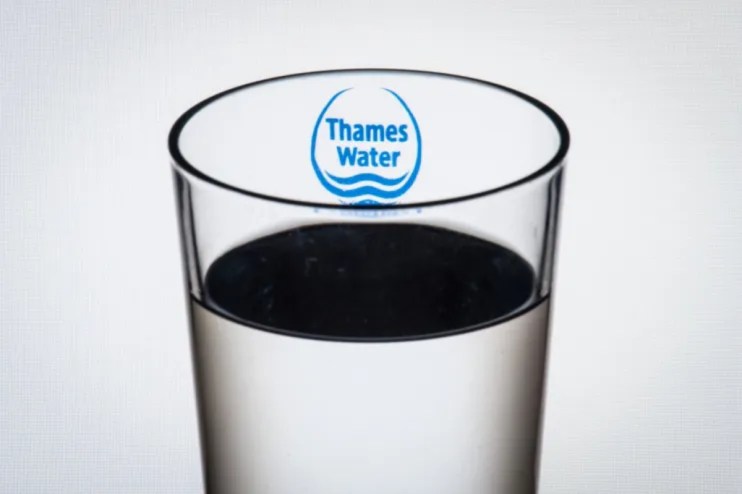Former Thames Water owner among creditors fighting for payback

The creditors of embattled water supplier Thames Water have chosen their weapons as they look to be sizing up for a potential battle over re-structuring talks.
The group of investors have nominated Jefferies Financial Group as a financial adviser and Akin Gump Strauss Hauer & Feld LLP for legal representation, according to reports.
Last week the future of Thames was thrown into further question as its parent company Kemble Water Finance Ltd defaulted on about £1.4bn of debt after failing to make an interest payment on a major loan.
The group of investors are moving to protect their investments should re-structuring efforts threaten their positions.
Among those today revealed to have lent money to Thames is one of its former primary shareholders, Australian Financial Group Macquarie, which at one point held a 48 per cent stake in the company.
Its investors are understood to have lent around £130m to Kemble between 2018 and 2020.
The loans are managed by one of the Australian firm’s private credit funds that invests in international infrastructure companies on behalf of long-term institutional investors such as pension funds and insurance companies.
Macquarie has become one of the de-facto faces of Thames’ issues, owing to it being a primary architect of its current immensely complicated financial structure.
Thames Water has been in the forefront of public conversation in recent months as its financial troubles have worsened and have come under more and more scrutiny from the government and industry regulator Ofwat.
Earlier this year, the government quietly re-jigged the order of debt repayment priority, moving itself to the top of the list, in a sign that it too is protecting any potential investment into the company, including a mooted nationalisation plan.
More recently, Rishi Sunak drafted in former Morgan Stanley executive Franck Petitgas to advise on the Thames situation and the government’s potential role in a bailout.
But James Murray, shadow financial secretary to the Treasury, recently told Times Radio that Labour doesn’t “think nationalising Thames Water is the right solution”.
“I think it shows that the whole system of regulation is not what it should be and that’s why we’ve been setting up for some time, our plans to overhaul the regulation of water companies,” he said.
“This would make sure that we can block bonuses for bosses if they’re not meeting their commitments to have far tougher regulations to have, potential criminal sanctions in some circumstances because the regulation just isn’t up to scratch.”
Thames’ more immediate problem is a £190m loan owed by its parent company Kemble by the end of this month.
Even if it defaults on a second loan, the taps will likely not run dry for Thames’ 25m customers across South East England, though customers can expect more leaks than last year, the firm recently said.
Robbie Moore, Minister for Water & Rural Growth, has told Times Radio the government “does not anticipate” customer impact as a result of Thames’ troubles.
“Ofwat, as the financial regulator is in communication with Thames Water regularly, as you would expect, the financial regulator to be monitoring their position and the government is receiving updates on their position,” he said.